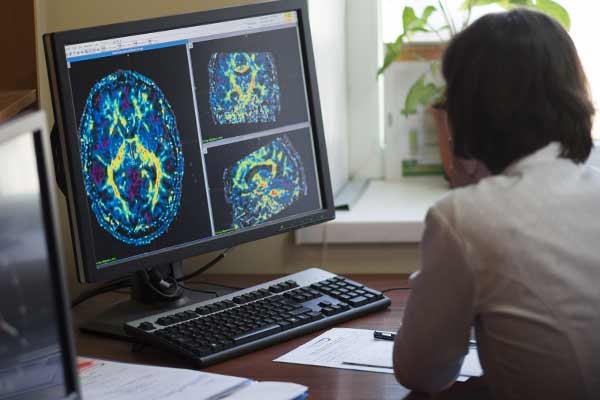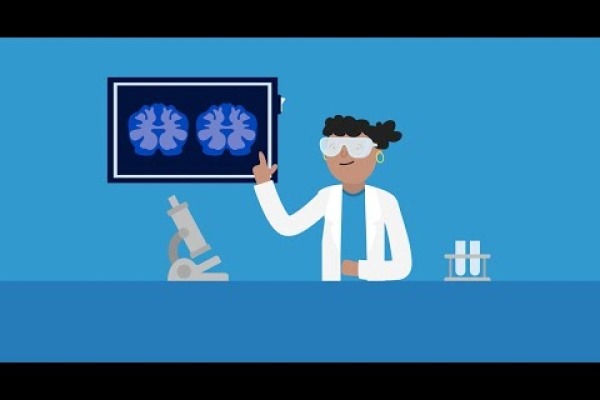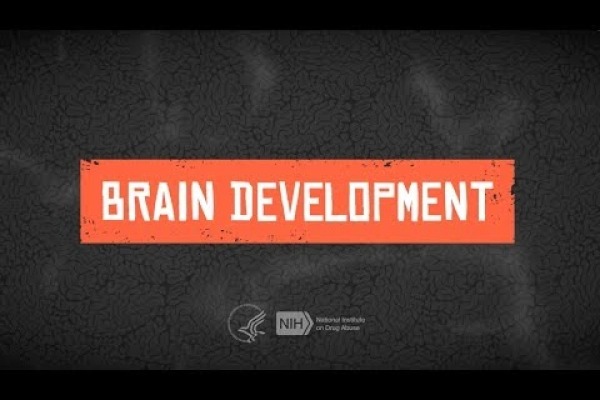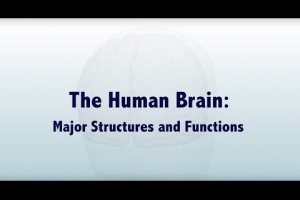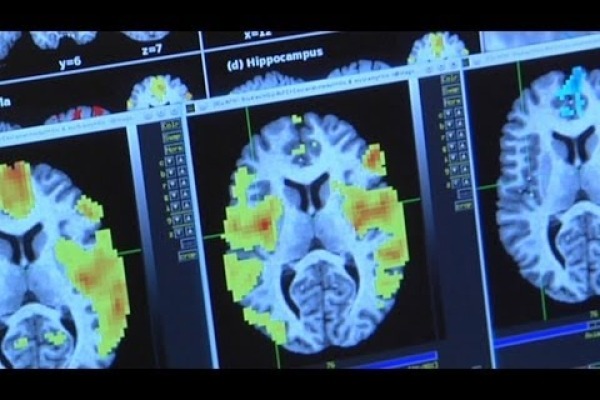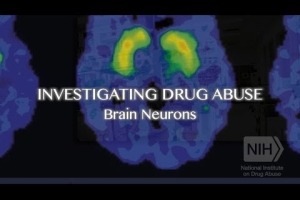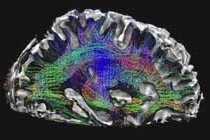
The human brain is the most complex organ in the body—you need it to drive a car, to enjoy a meal, to breathe, to create an artistic masterpiece, and to enjoy everyday activities. In brief, the brain regulates your body’s basic functions; enables you to interpret and respond to everything you experience; and shapes your thoughts, emotions, and behavior. Drugs, however, can alter important brain areas that are necessary for life-sustaining functions and can drive the compulsive drug use that marks addiction. As a result, NIDA supports a large body of neuroscience research that can provide clues about how better to manage and prevent substance use disorders.
Looking for Treatment?
Use the SAMHSA Treatment Locator or call 1-800-662-HELP (4357).
Videos
Research
Effects of Specific Drugs on the Brain
- Cannabis (Marijuana)
- Heroin
- Synthetic Cathinones (Bath Salts)
- Synthetic Cannabinoids (K2/Spice)
- MDMA (Ecstasy/Molly)
- Methamphetamine
- Psychedelic and Dissociative Drugs
Related Resources
- Commonly Used Drugs Charts
- Neuroscience Consortium
- Keeping Youth Drug Free (SAMHSA)
- Opioids and Adolescents (Office of Adolescent Health)

